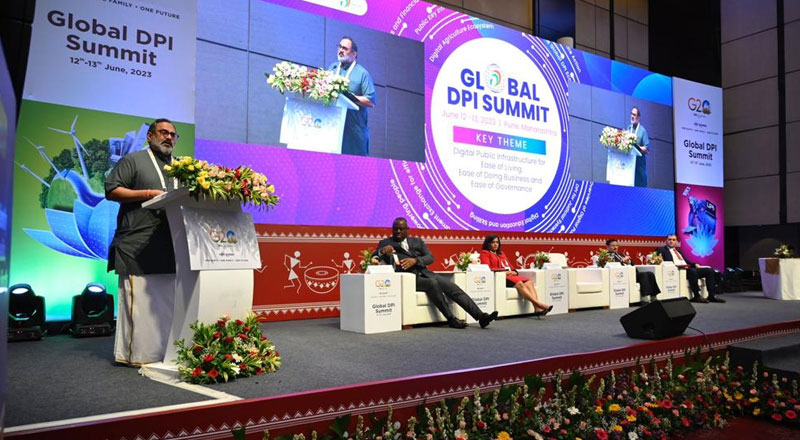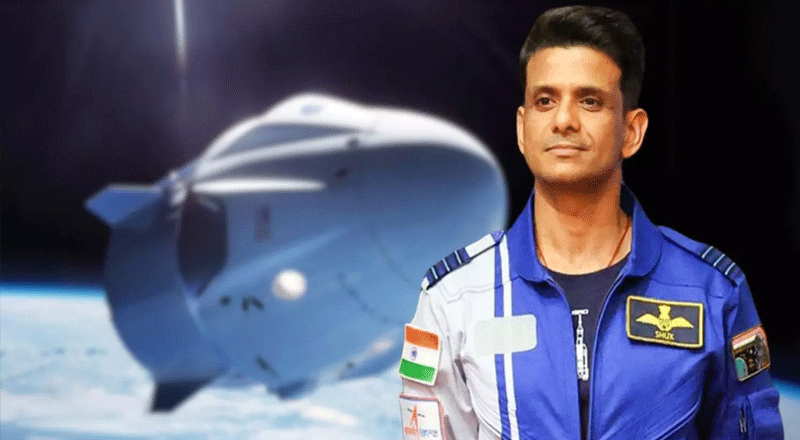The third meeting of G20 DEWG started today with the inauguration of the Global DPI Summit and Global DPI Exhibition, which were inaugurated by Union Minister of State in Electronics and IT and MSDE, Shri Rajeev Chandrasekhar in the presence of Hon’ble Ministers from 9 countries namely Suriname, Armenia, Sierra Leone, Tanzania, Antigua and Barbuda, Kenya, Sri Lanka, Malawi and Trinidad and Tobago.
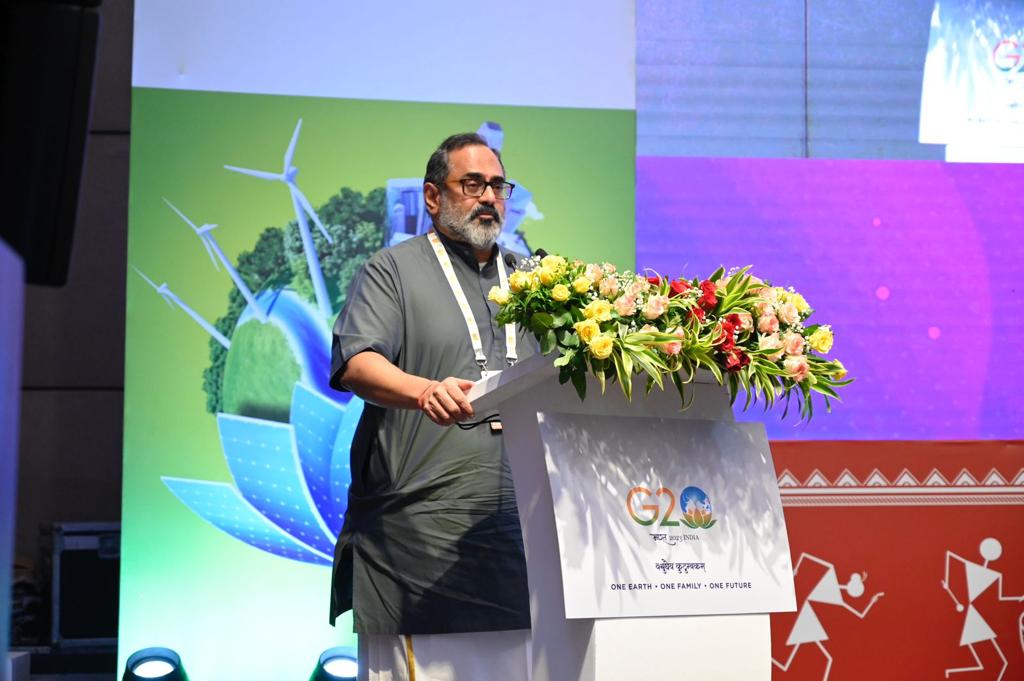
In the inaugural session, Mr. Alkesh Kumar Sharma, Chair of G20 DEWG and Secretary, MeitY welcomed the delegates and outlined the proceedings of the event over 3 days. He emphasized on priority areas especially DPI related One Future Alliance, Global Digital Public Infrastructure Repository, Toolkit on Cyber Education and Cyber Awareness of Children and Youth, virtual Centre of Excellence (CoE) on national skills frameworks. Hon’ble MoS for E&IT and MSDE, Shri Rajeev Chandrasekhar stated that DPI is not a one shoe, fits all model, and is really about using the power of open source, the power of partnership and collaborations in creating innovative DPI platforms that work for that country and for the people. He stressed on making this decade ‘TechAde’ and stated that India is a test case for the success of DPIs and countries across the world can look to India for digital transformation. India signed the Memorandum of Understanding (MoU) with three countries namely Armenia, Sierra Leone, and Suriname on sharing INDIA STACK i.e. successful digital solutions implemented at population scale.
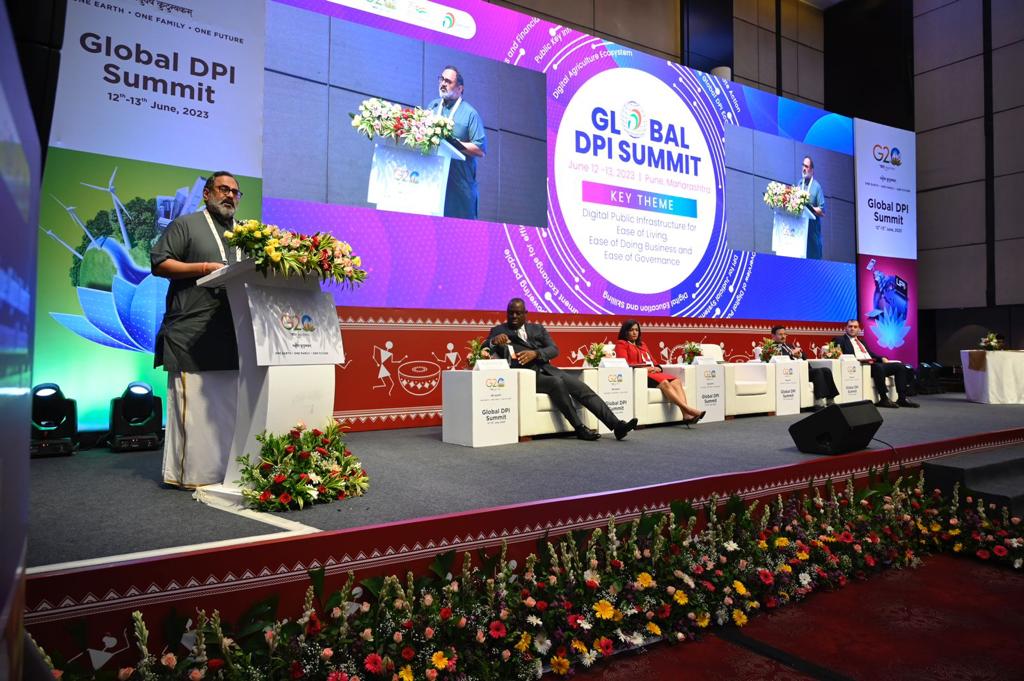
The panel discussion titled ‘Overview of Digital Public Infrastructure (DPI)’ was chaired by Mr. Melford Walter Fitzgerald Nicholas, Minister of Antigua and Barbuda and the session was moderated by Mr. Abhishek Singh, P&CEO, NeGD, and speakers included Mr. Sushil Pal, JS, MeitY and G20 DEWG Co-Chair, India, Dr. R. S. Sharma, Chairman, GSDPDC, Mr. S Gopalkrishnan, CEO, NHA, Mr. Prabhat Kumar, Special Secretary, MEA and Ms. Christine Martin Meier, Director, Digital Public Goods Charter and Ms. Keyzom Ngodup Massally, Head of Digital Programmes, UNDP. The session discussed the common principles and design of DPI, such as, open standard, open architecture, partnerships, digital ecosystem, interoperability, low cost, and high trust solutions and the initiatives of various countries and United Nations.
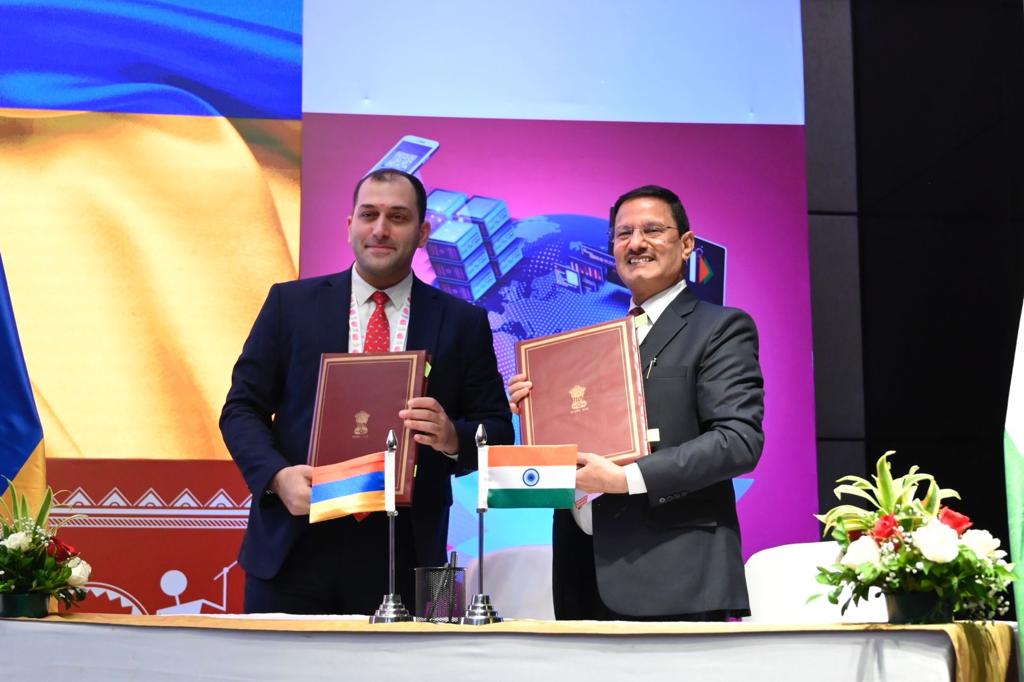
The panel discussion titled ‘Digital Identities for empowering people’ was chaired by Mr. Eliud Okech Owalo, Cabinet Secretary, Kenya and the session was moderated by Mr. Rupinder Singh, CEO, UIDAI and speakers included Mr. Jonathan Marskell, World Bank, Mr. Vivek Raghavan, Chief AI Evangelist at EkStep, Mr. Rene C. Mendoza, Assistant National SS & ISS, Philippine, Ms. Barbara Ubaldi, OECD. The discussions emphasized on the digital identity being the foundation for digital transformation, basis for national priorities and social cohesion. Various models of implementation viz. Centralised, Federated and Decentralized were covered. The Aadhaar of India and PhilSys of Philippine were discussed at length.
The panel discussion titled ‘Digital Payments and Financial Inclusion’ was chaired by Mr. Mohammed Khamis Abdulla, Permanent Secretary, Tanzania and the session was moderated by Mr. Dilip Asbe, MD & CEO, National Payments Corporation of India and the speakers included Mr. Pawan Bakhshi, India Lead, Financial Services for the Poor, BMGF, Ms. Nilima Ramteke, Senior Financial Sector Specialist, World Bank and Ms. Prerna Saxena, Asia Regional Lead, UNCDF. The main discussion points included fast payment, types of settlements (real-time, periodic, hybrid), risk management, cost model for user onboarding etc and most importantly the financial inclusion and bridging the financial divide using DPI on Digital Payments.
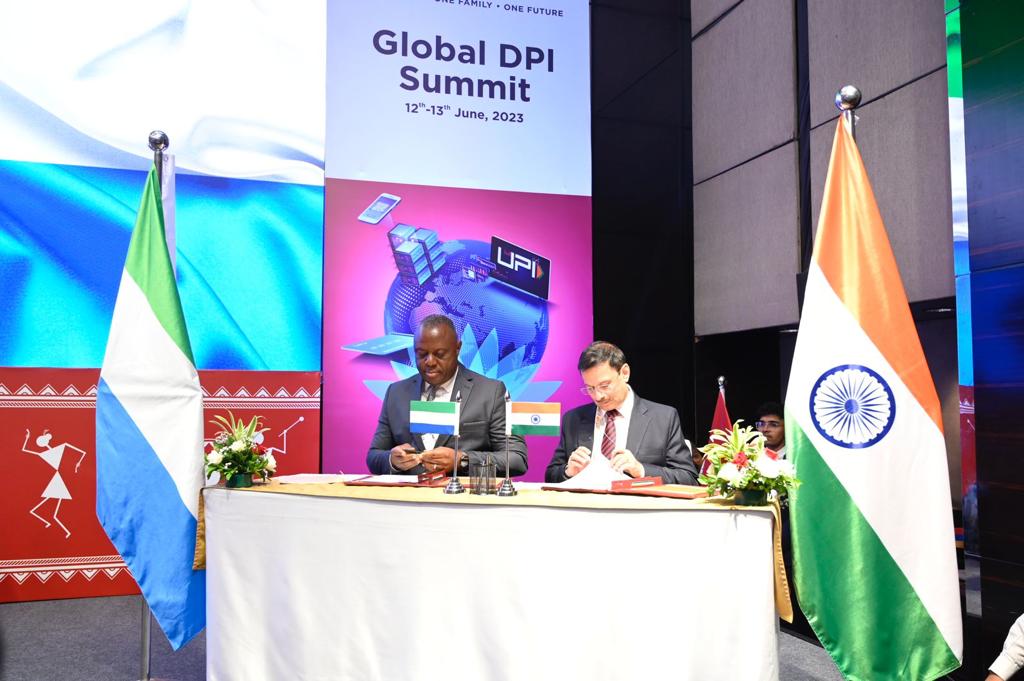
The last panel discussion of the day was held on ‘DPI for Judicial Systems and Regulations’, which was chaired by Mr. Mark Ramkerrysingh, Chairman (Vice President Rank), Trinidad and Tobago. The session was moderated by Mr. Surya Prakash B S, Fellow and Programme Director, Daksh India and the speakers included Mr. S.K.G Rahate, Secretary, Department of Justice, India, Mr. Ashish J. Shiradhonkar, Registrar, Supreme Court of India, Ms. R. Arulmozhiselvi, District Judge and Dr. Mariagrazia Squicciarini, Director for Social Policies ai and CEO, Social and Human Sciences Sector, UNESCO, France. The highlights of the session included salient features of E-Court, E-Filing, Paperless Courts, Live Streaming in the Courts, etc. Need for the right institutions and regulations to be in place for adding trust to DPI-enhanced judiciary systems, generally powered by Artificial Intelligence (AI) was emphasized.
L0W4.jpeg)
The Global DPI Exhibition showcased 14 experience zones on Digital Identity, Fast Payment, DigiLocker, Soil Health Card, E-National Agriculture Market, Unified Mobile App for New-Age Governance, Open Network for Digital Commerce, Anamorphic experience, Seamless travel experience at airport, Language Translation, Learning Solution, Tele-Medical Consultation Experience and Gamification of Digital India Journey.
Tomorrow, the closed-door meeting of the third meeting of Digital Economy Working Group will be held. The Global DPI Summit will have 6 important sessions related to Data Exchange, Public Key Infrastructure, Digital Education, Skilling, Health, Climate Action, Agriculture Ecosystem, and building the Global DPI Ecosystem.


